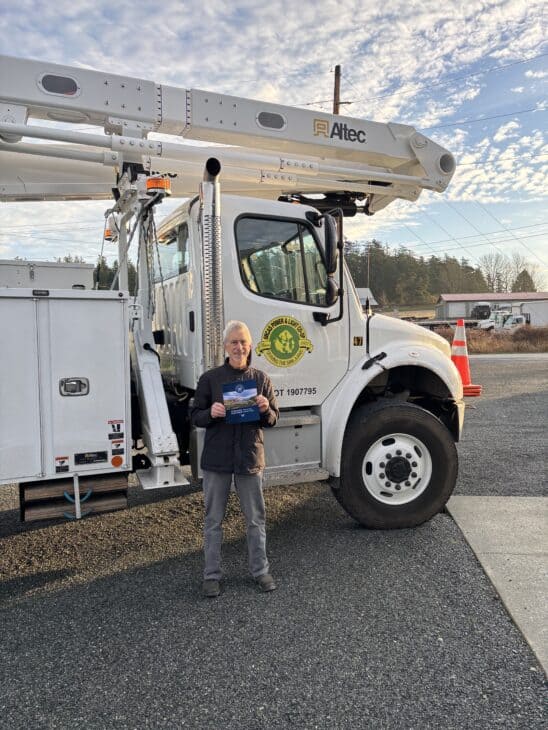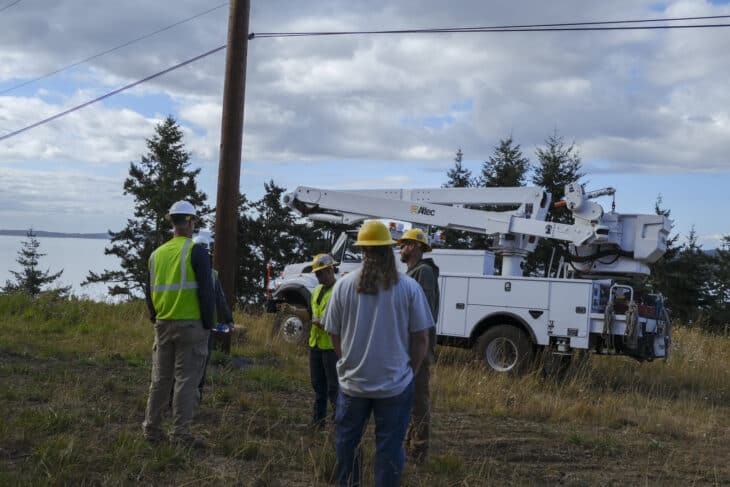How to Support Renewable Energy
As residents of San Juan County, we value our local environment. Most of us live here because of the pristine beauty our islands offer. So, naturally we want to do the right thing with our energy consumption and limit our carbon impact on our local area.
Some of our members have been contacted by a renewable power middle-marketer called Arcadia Power. Arcadia Power offers Renewable Energy Certificates (RECs). RECs don’t actually change where your electricity comes from; Arcadia Power pays a third party (say a solar farm in Arizona) to generate the electricity. The actual electricity flowing through your meter here in San Juan County continues to be generated by OPALCO’s power provider (BPA/PNGC) – which, by the way, is about 90% greenhouse gas free. When you buy RECs, you are purchasing a document that represents the environmental benefits of that clean energy from Arizona – or wherever it is actually being generated.
At OPALCO, we think the better way to go to support renewables is to support local programs like our Decatur Island Community Solar project. The more people we have poised and ready to buy into our next project, the faster we can build it – and the one after that. Email us at solar@opalco.com to let us know you want to be notified when the next project is ready to go.
Still confused about RECs? Watch this video or email us at communications@opalco.com.



